Promoting health careers among rural K–16 students: a mixed-method study to describe pathway programs
Abstract
Health career pathway programs can promote and prepare rural students in grades kindergarten through college (K–16) for health careers, but little is known about the prevalence and characteristics of these programs in the US This mixed-methods study provides a baseline description of health career pathway programs for rural K–16 students through a scoping review, survey, and semi-structured interviews with program directors. Among 165 programs responding to the survey, motivational or health career awareness (95.1%), health care exposure (92.0%), and mentorship (70.2%) were the most commonly used strategies. About one-third of programs (34.6%) had discontinued at least one strategy in the past three years, often due to loss of funding or a change in priorities. This study was conducted by the Collaborative for Rural Primary care Research, Education, and Practice (Rural PREP), a HRSA-funded project of the University of Washington, Ohio University, and the University of North Dakota.
Authors:
Jopson AD, Pollack SW, Schmitz DF, Thompson MJ, Harris D, Bateman M, Evans DV, Patterson DGJournal/Publisher:
J Health Care Poor UnderservedEdition:
Nov 2020.Link to Article
Access the article here: J Health Care Poor UnderservedCitation:
Jopson AD, Pollack SW, Schmitz DF, Thompson MJ, Harris D, Bateman M, Evans DV, Patterson DG. Promoting health careers among rural K–16 students: A mixed-method study to describe pathway programs. J Health Care Poor Underserved. 2020;31(5):223-259.Related Studies:
How Can We Strengthen Rural Opportunities in K-16 Education to Promote Primary Care Health Careers?

